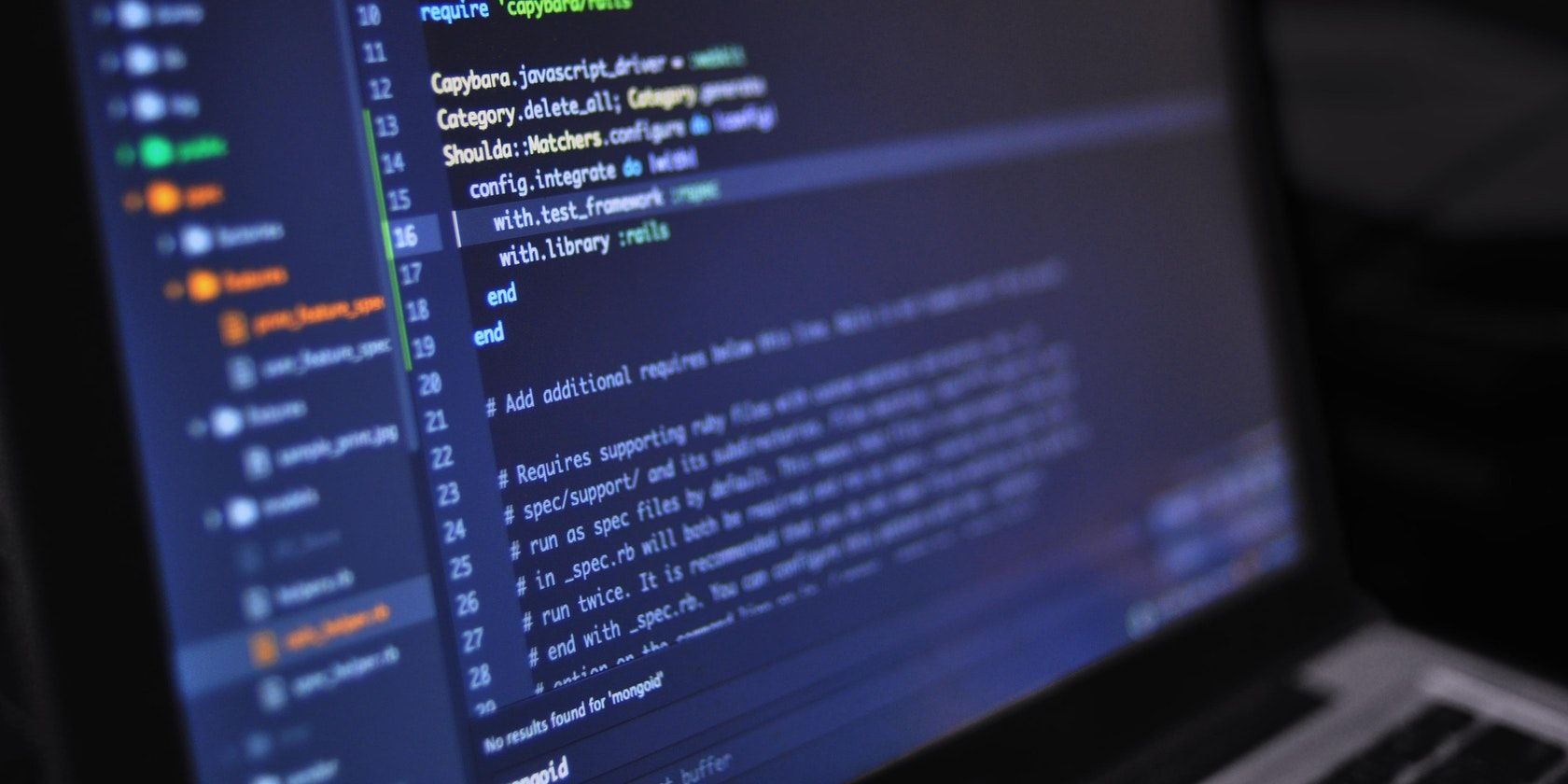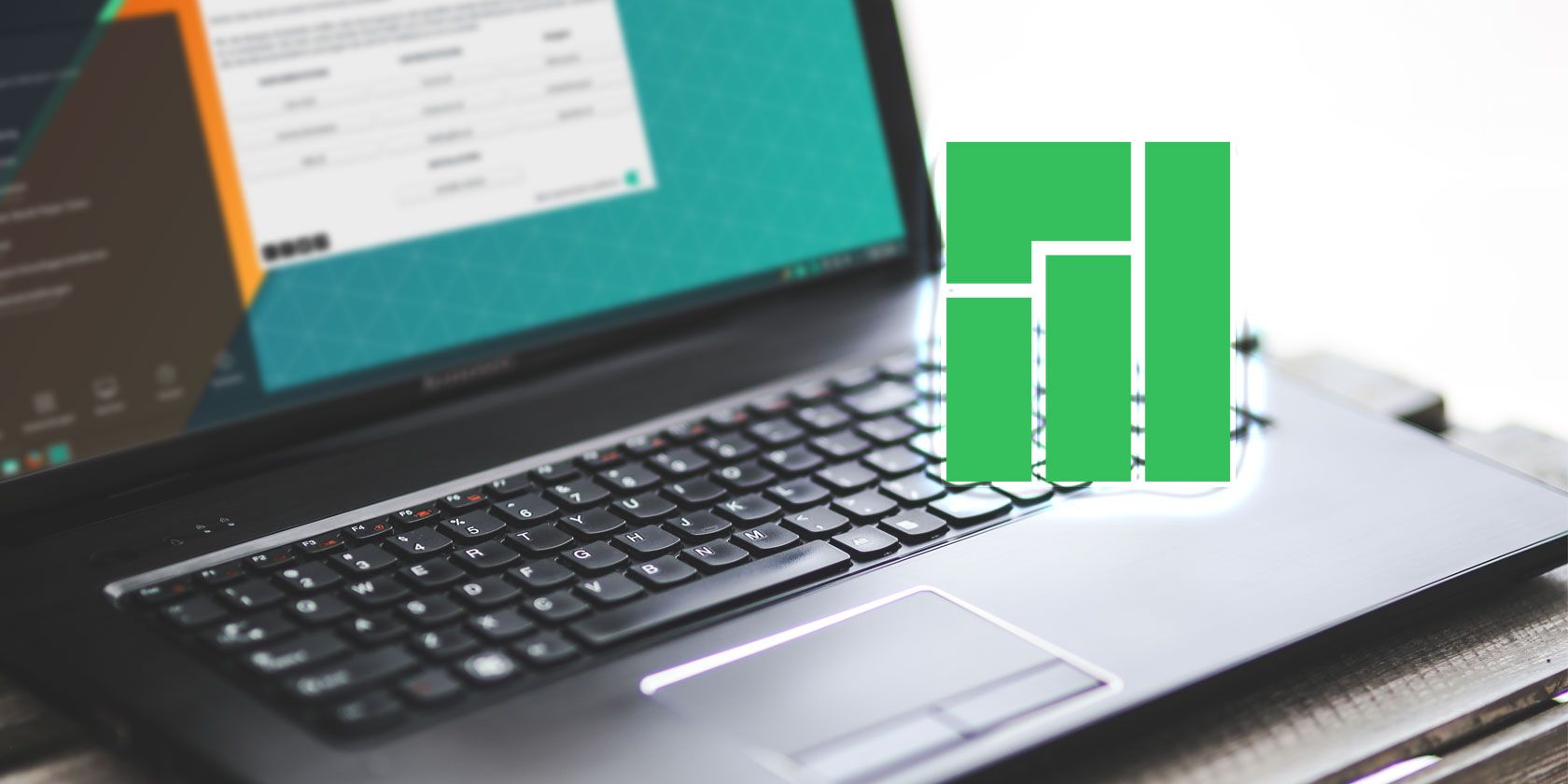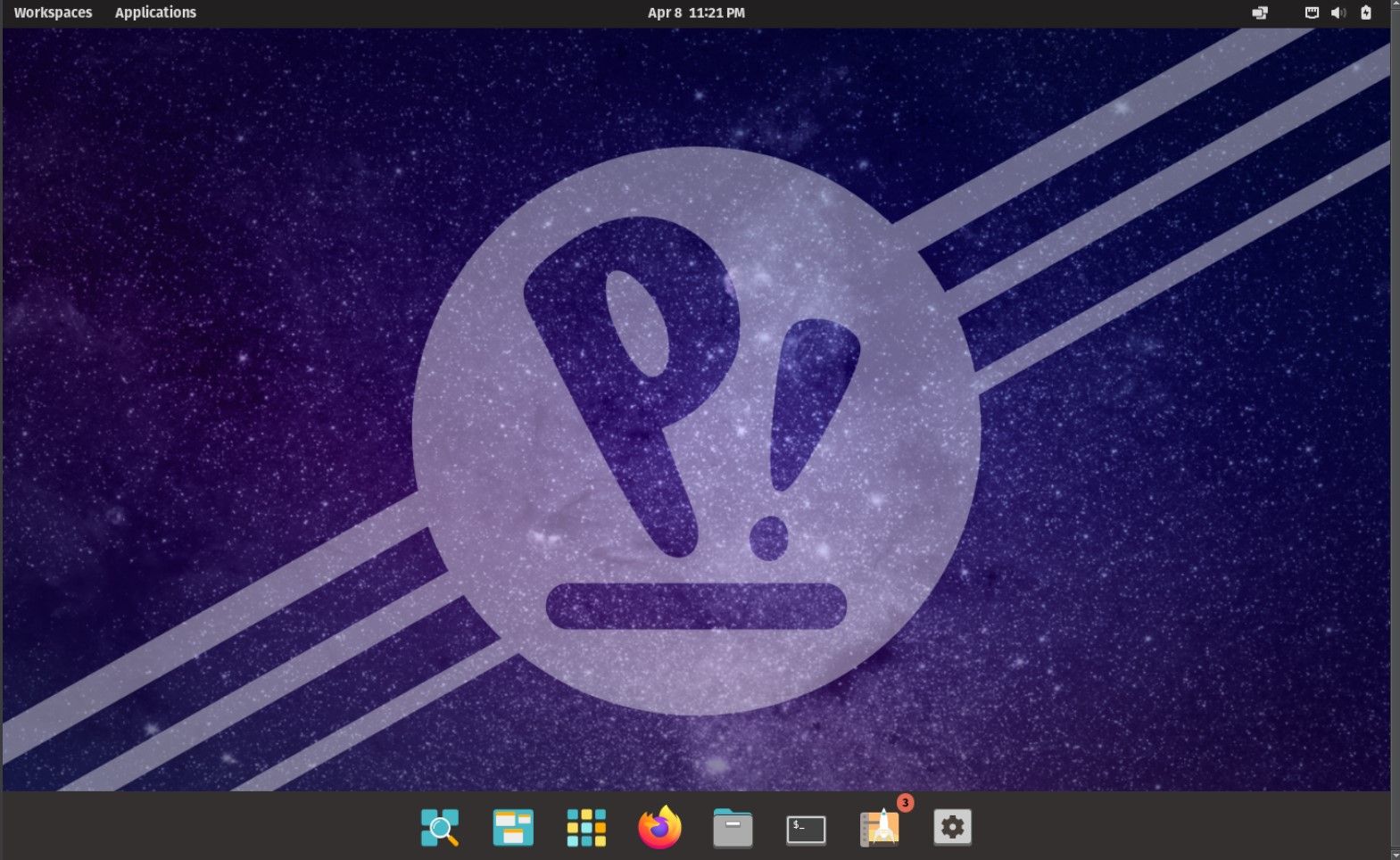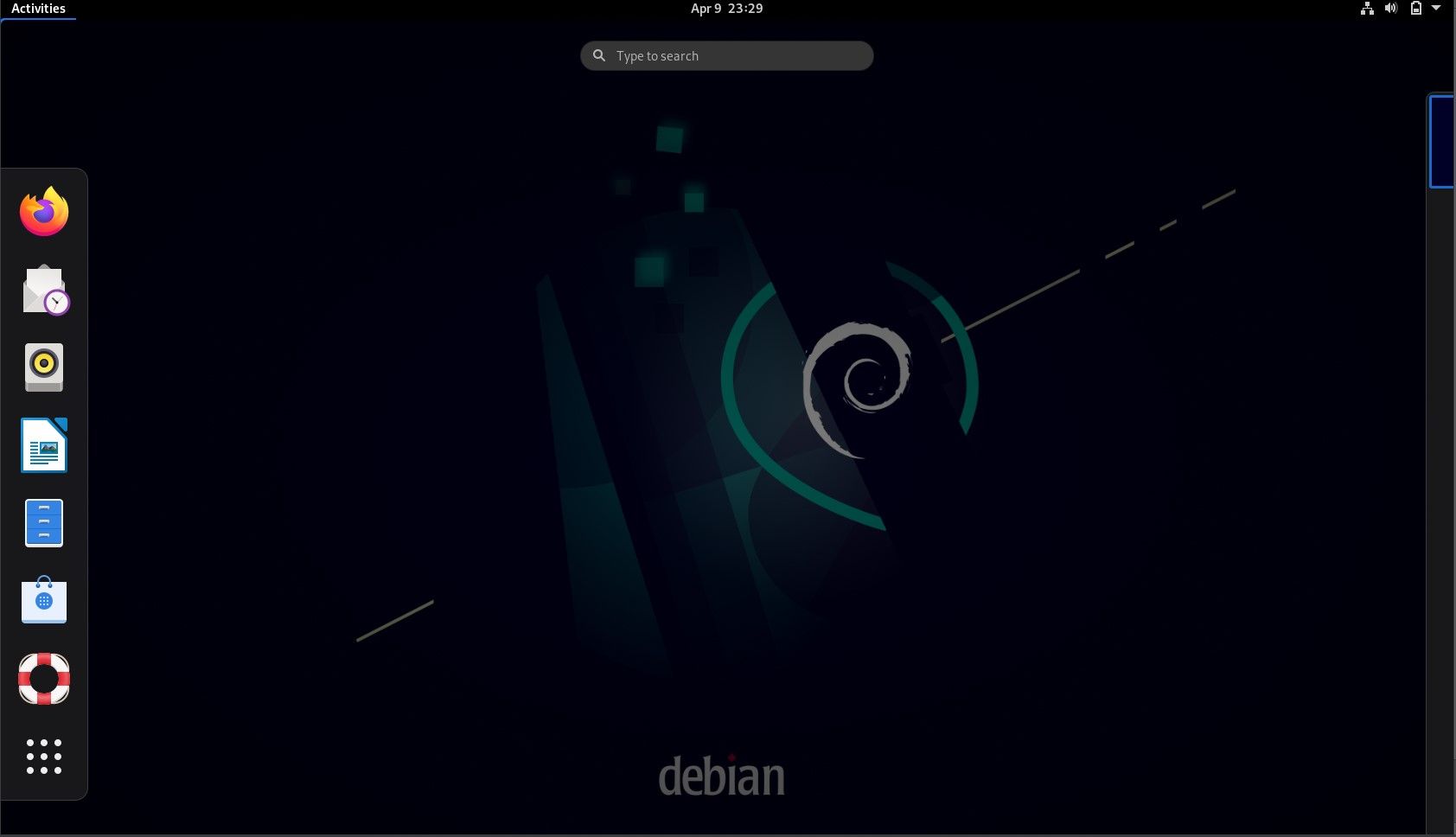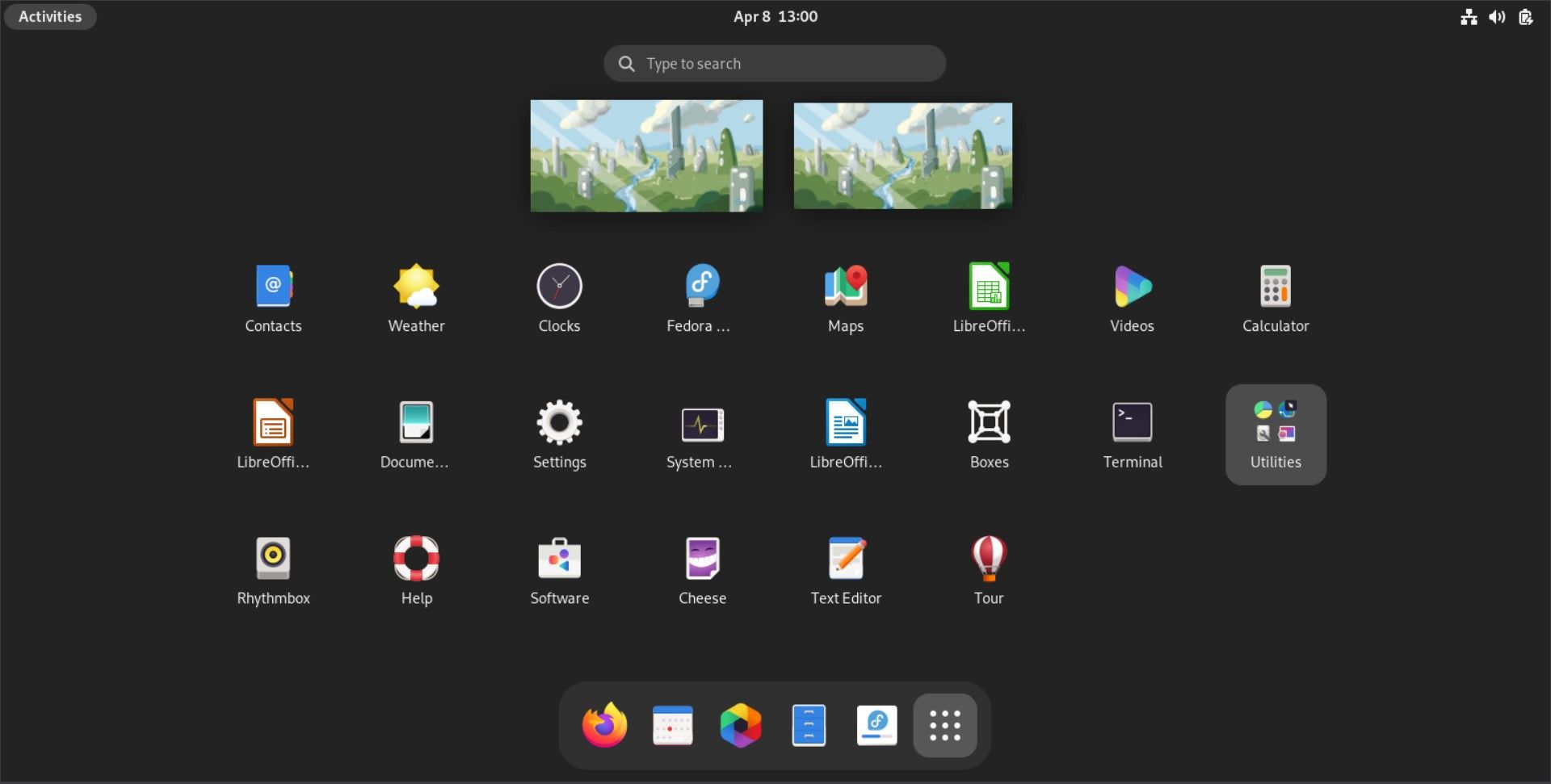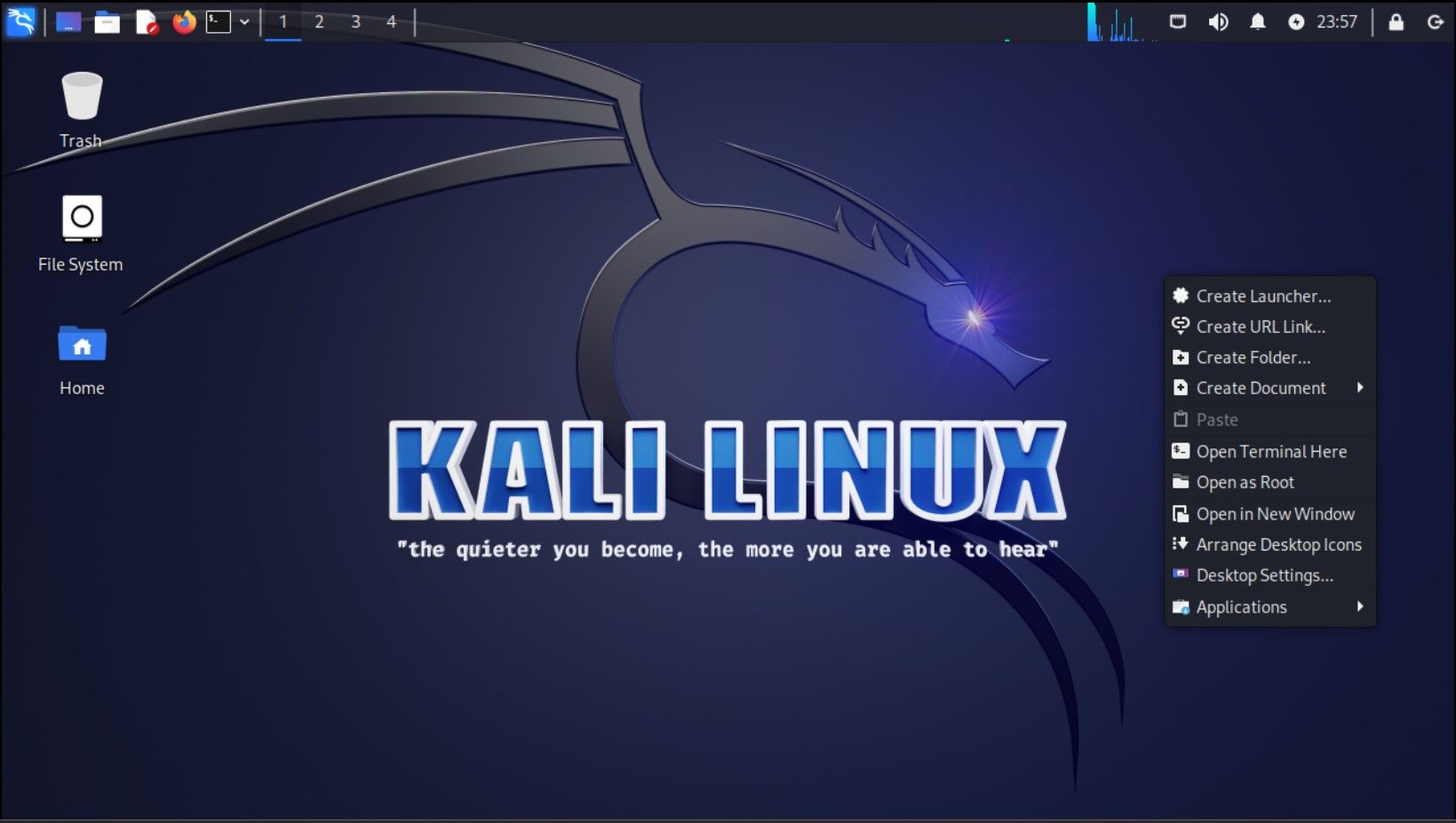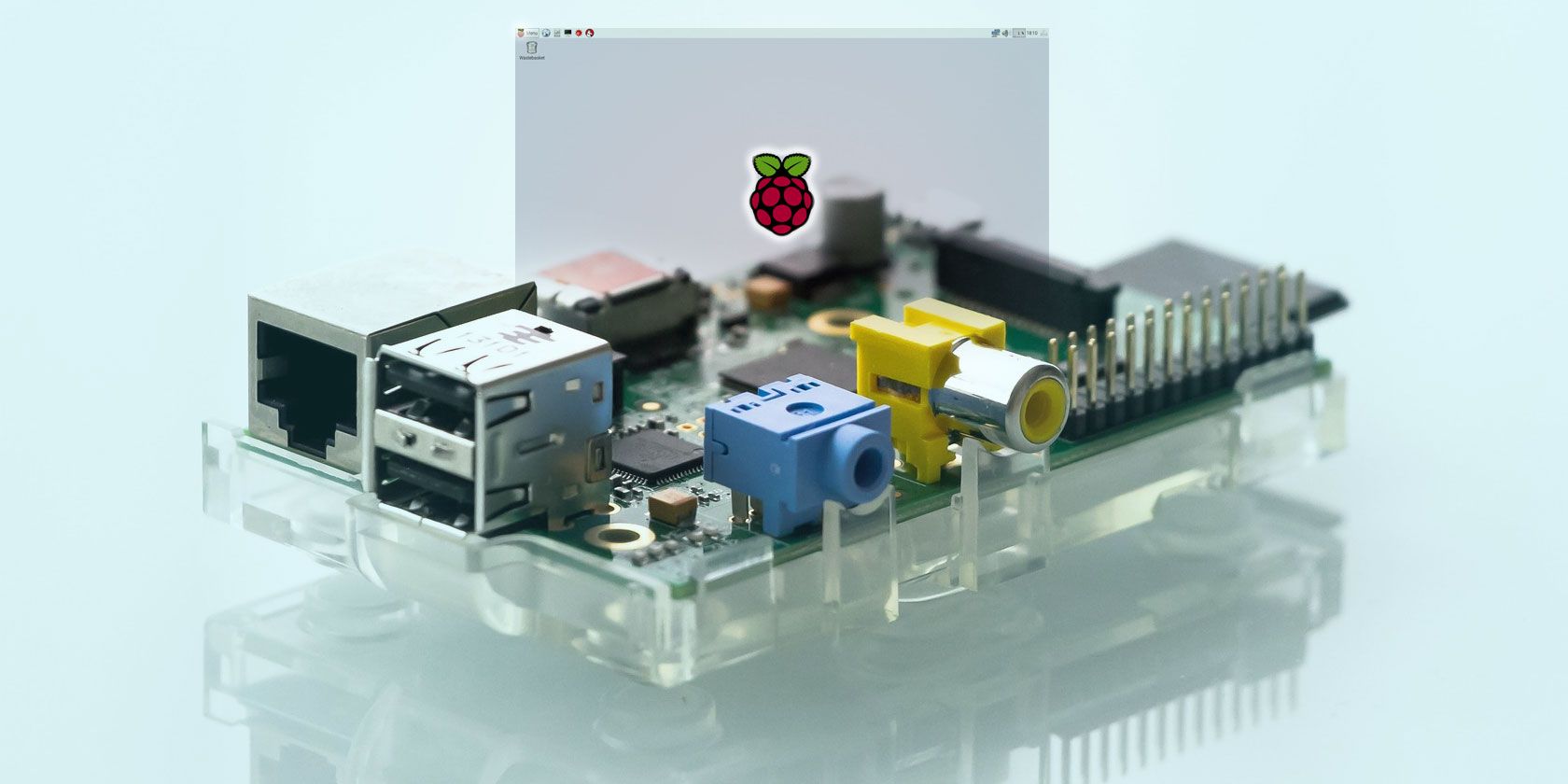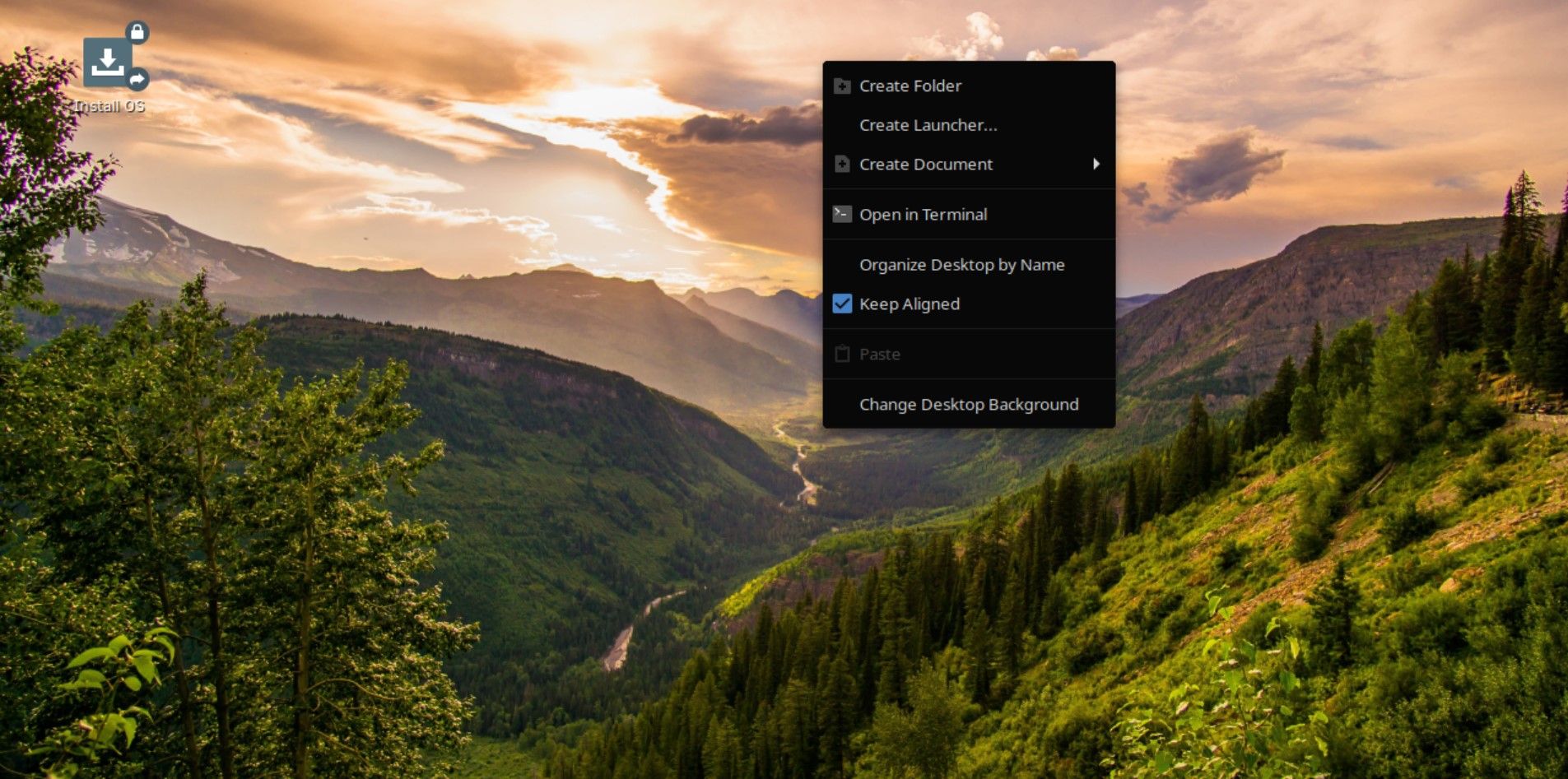While Linux might not be the favored operating system for casual users, it’s the go-to choice for most developers and programmers. Linux is a more practical OS explicitly designed with programming and developers in mind.
There are over 600 Linux distros, so even experienced users may seldom struggle to find their current project's ideal flavor. Linux distributions can vary hugely from one another, even though they are based on the same source.
If you want to learn more about programming-focused Linux distros, here's a list of the 10 best Linux distros for developers.
1. Manjaro
Manjaro is one of the best Arch-based Linux distros in the market, and for good reasons. It aims to support various environments and a graphical installer to fulfill your requirements.
Manjaro removes the worries of installing and administering an Arch-based system by including a solid set of custom tools and utilities. It is available in multiple editions with various desktop environments.
A KDE edition for a Qt developer ships with a few relevant tools, including the Qt Designer and Qt Assistant, to help with the development chores. Moreover, it features utilities to help users select real-time kernels, making it one of the best Arch-based Linux distros for development.
Download: Manjaro
2. Ubuntu
Ubuntu ranks among the most popular Linux distros one can find. It is one of the most widespread Linux distros for all sorts of users, from Linux newbies to established campaigners.
Ubuntu offers a comprehensive, user-friendly package handler. There's compatibility with Android Open Source Project, a useful addition for Android developers.
Thanks to its prevalence, one can find all the programming tools and libraries in official Ubuntu repositories or Personal Package Archives.
Ubuntu has a large community, from official forums to third-party groups. Moreover, Ubuntu forms an excellent Linux distro for front-end developers with easy-to-use features and a slew of programming resources.
Download: Ubuntu
3. Pop!_OS
Introduced by Linux PC manufacturer System76, Pop!_OS is a programmer and developer-friendly Linux distro. Based on Ubuntu, Pop!_OS is an excellent contemporary implementation seen as both practical and functional.
Moreover, one doesn’t need to be a power user to enjoy Pop Shell. The company calls Pop!_OS a specialized operating system for developers and computer science professionals who use their computers to build new things.
If you install and configure Pop!_OS on your PC, you can bid adieu to all your programming woes. The distro's extensive coding and unending support for different programming languages and tools make it a good choice for budding programmers and coders.
Thus, if you’re looking for a Linux distro for programming, Pop!_OS is the way to go.
Download: Pop!_OS
4. Debian
One of the oldest Linux distros out there, Debian is built with stability in mind. For a program to be included in Debian's repositories, it has to meet the Debian Free Software Guidelines.
Packages and repositories are carefully selected and tested for inclusion in the "Stable" build, making the OS suitable for developers. Moreover, the official forum houses boundless manuals, and chapters on programming languages, taking you through the basics of creating a script, compiling it, and more.
Debian has one of the largest repositories of open-source software. Hence, you won’t face trouble finding your favorite programming tools and libraries.
Download: Debian
5. openSUSE
While openSUSE doesn’t often experience the same recognition as Ubuntu and Fedora, the project produces a wonderful developer environment. Given its limited usage choices, openSUSE is still considered one of the best developer distros.
The openSUSE project offers two distros: openSUSE Leap and openSUSE Tumbleweed.
openSUSE Leap is an LTS release that persists as an up-to-date version and guarantees stability, while Tumbleweed is a rolling release distro for those wanting to try out the latest software.
Moreover, its YaST package management utility is one of its significant strengths, making it easy to automate various tasks. The software delivery method is an additional bonus.
Download: openSUSE
6. Arch Linux
Known for its difficult installation procedure, Arch Linux lacks an installation bundler or graphical user interface (GUI) and demands a solid grasp of the terminal and Linux commands.
A couple of its key advantages include the lack of bloatware together with the Pacman package manager. Thanks to its rolling release software distribution model, Arch Linux won't bother you with system upgrades since new versions steadily update.
Moreover, if you're into penetration testing work, you can convert your Arch Linux installation into a BlackArch installation effortlessly.
Download: Arch Linux
7. Fedora Workstation
Marketed as the Linux distribution for developers, Fedora Workstation offers a range of features to advanced users. If you like to tinker with your toolbox, then this is the distribution for you.
Offering a sleek GNOME desktop environment, and an open-source utility box, Fedora has a little bit of everything for advanced developers and hobbyists alike.
You can use Fedora for project hosting, while its COPR repositories are ideal for building and testing code. To improve your testing skills, you can build virtual machines and test your codes in a safe, secluded environment, without impacting your overall machine applications.
You can also containerize your apps, which works similarly to a virtual machine. Fedora provides specialized Open Container Initiative (OCI) image support to supplement such testing protocols.
Download: Fedora Workstation
8. Kali Linux
Developed by Offensive Security, ethical hackers primarily fancy Kali Linux for penetration testing on vulnerable networks and computers.
However, it's also a great distro for developers. It comes with many pre-installed tools such as John the Ripper, OWASP ZAP, Aircrack-ng, and more. Like other distros, it gives the user complete control over its configuration, making it suitable for developers.
Download: Kali Linux
9. Raspberry Pi OS
Earlier known as Raspbian, Raspberry Pi OS is a feature-packed Linux distribution intended to work hand-in-hand with the pocket-sized computer, which has rapidly grown in popularity.
Raspberry Pi OS has various programming tools, including BlueJ, Geany, Python, Greenfoot, Mathematica, Node-RED, Scratch, and others, making the process more efficient. Including these tools also makes it a perfect Linux OS for learning embedded systems programming.
Download: Raspberry Pi
10. Solus OS
Developers look for ready-made options which allow you to code on the go. Such distros are far and few since there is a lot of pre-setup needed to ensure everything is available for coders. Solus OS, an independent distro, has every possible tool for developers and coders.
From providing various editors and programming languages to compilers and version control systems, there is almost everything for your development use. You can use Docker and Vagrant technology extensively, write drivers from scratch using C or even compile programs using Go, all in Solus OS.
Some common code editors include the likes of Atom, VS Code, GNOME Builder, Qt Creator, and many more. Similarly, you also get in-built support for several languages, including Go, Ruby, Rust, PHP, and many others.
Download: Solus OS
Choosing the Best Linux Distro for Programming
On the topic of programming and development, there's always going to be a portion of subjectivity when choosing the right Linux distro.
That said, the criteria developers should look out for is narrowing down the list according to their needs. Watch out for a secure, stable distro and a good user community.

